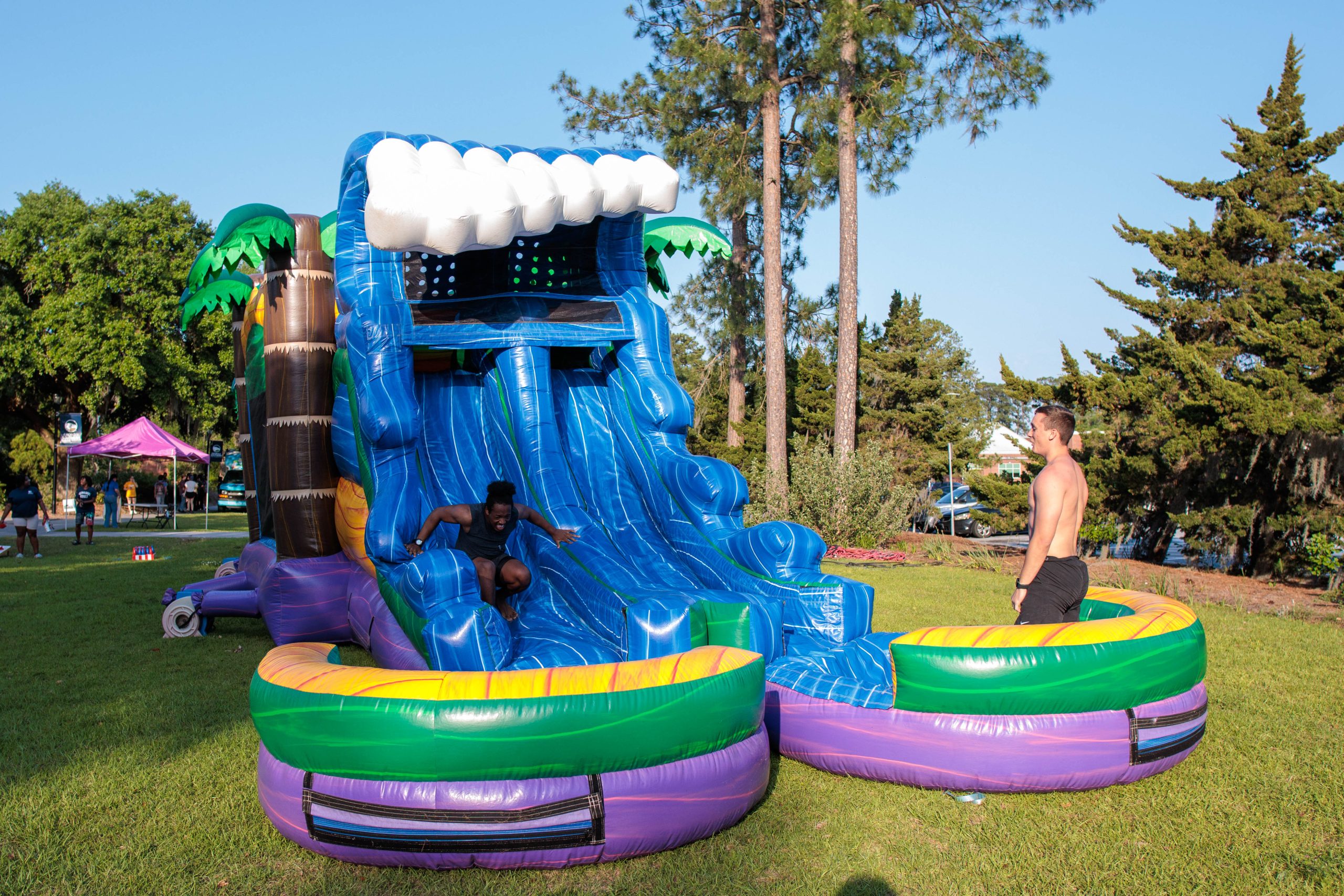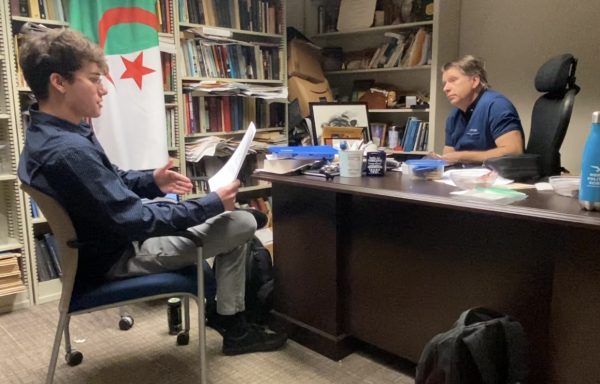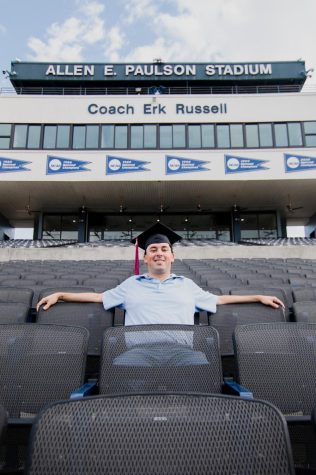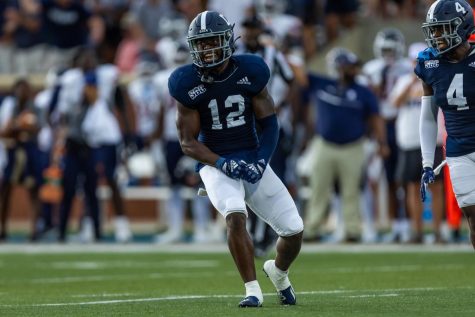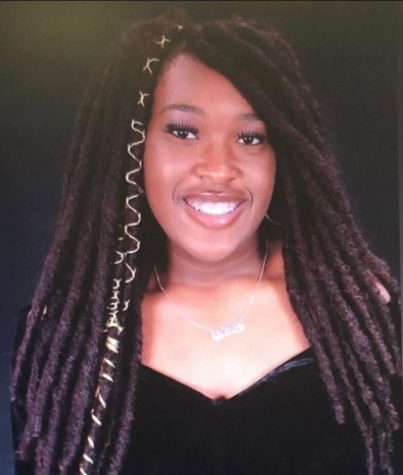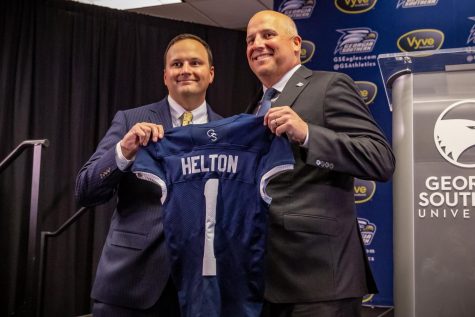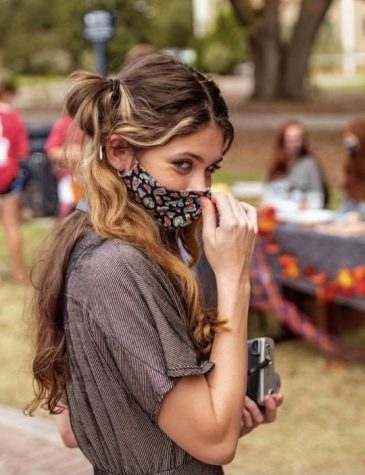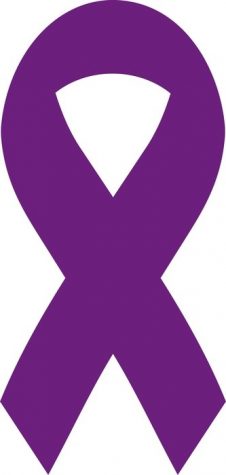What to take away from Michele Norris
February 19, 2015
Yesterday, award-winning journalist and first African-American National Public Radio host, Michele Norris, came to Georgia Southern to impart her wisdom on students as the 2015 MLK speaker.
Many student leaders, myself included had the wonderful opportunity of asking questions to Michele Norris as well as experiencing her “well-balanced dance of meticulous and relaxing” interview style when we were asked questions in return.
Being a journalist what was the hardest thing that you had to cover and what was the most fun?
Hardest – Hurricane Katrina
Most fun – the Inauguration of Nelson Mandela
What is the hardest decision you had to make concerning diversity and leadership?
I knew if I did a good job I had the chance to open the door to a person who came after me whether that be a woman or another person of color.
What advice would you give about how to have decisions/conversations on diversity?
- Think about the environment and space where you do these conversations
- Do things over food – comfort food is called comfort food for a reason –food is a metaphor for opportunities
- Set ground rules – things might get tough and uncomfortable but we all must manage to be respectful
As a journalist what is as a topic or event that frightens you?
Every time I walk into a studio is a personal victory because as a child I had a speech impediment. I was told that everyday you should do something that scares you, and I feel like I am doing that all the time.
What have you learned from The Race Card Project?
I’ve learned a lot of things from the Race Card Project that apply to my work. I have learned about the assumption that race is something that people don’t want to talk about is wrong, a lot of people want to talk about race but they are just looking for a way.
I have also found that the conversations about race are depicted as being big explosive moments, but The Race Card Project has shown that the impact around race and culture has to do with small moments. A lot of race cards are intimate moments.
Often media discussions are dominated by the notion that race is binary, Black and White, but America is multi-hued and our conversations about race reflect that. You have to reach beyond the big cosmic headlines to understand how people live in a symbolic way.
What should students take away from your speech?
I hope that they realize that discussions about race don’t have to be so torturous, sometimes they are but they don’t have to be. The overall process can be productive.
I hope that students will have curiosity. Curiosity is a really good thing. Most students in college are trying to conquer the world. It is easier to conquer the world if you understand it and it’s hard to do that when you are looking through a narrow straw. Media is very narrow in the way that it confirms what you already believe and students should be curious about looking sources that reflect different views than their own.
What do you want the legacy of The Race Card Project to be?
I want to help people listen to others who lead different lives to provide a window that will lead to having a way to learn about someone else or something else. I want it to be a mirror that shows you yourself that becomes a window that allows you to see others




